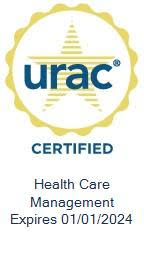Veyo Featured IDP: Mark D. from our Arizona Market
February 17, 2021
Every month, we feature a driver and their Veyo journey in their own words. This month, Mark from Arizona talks about how one of his very first Veyo riders inspired him to keep fighting for equity of access to healthcare and support services for families with special needs.
——-
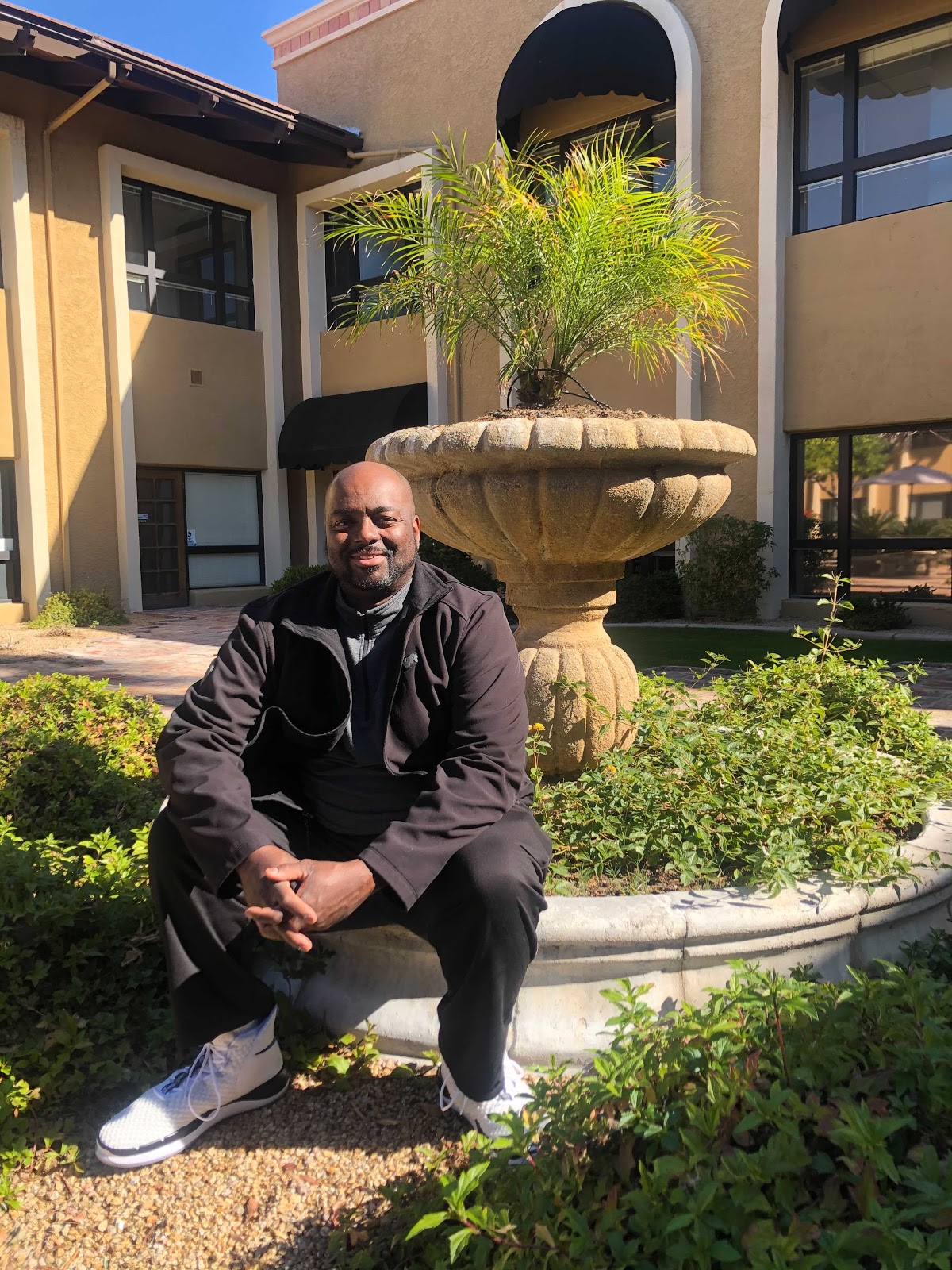
My son Mark Jr., who is 6, was diagnosed with both Down Syndrome and Autism at a very young age. When he broke down, he could get physical, so when we moved to Arizona, I decided to homeschool Mark and my other three children. I needed to bring in income with a flexible schedule, so I signed up to drive with Veyo. Now I can go home to my son whenever he needs me.
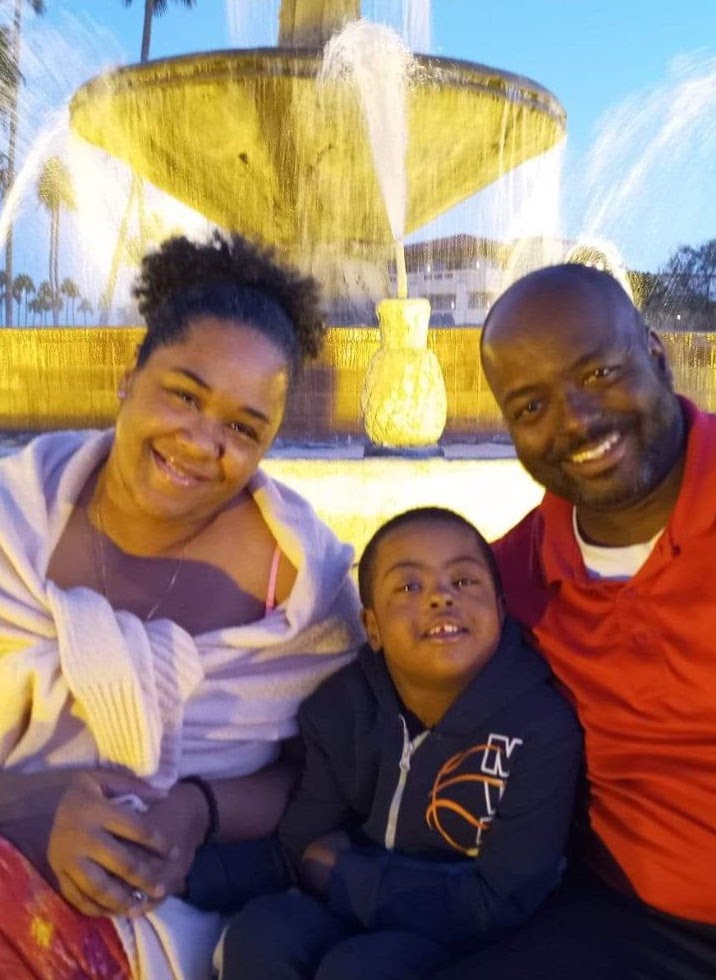
In one of the very first trips I did with Veyo four years ago, I picked up a 16 year-old gentleman and his mother. I could tell he had Down Syndrome, but I wanted to be respectful so I didn’t ask. The first half of the trip was quiet. I had an entertainment tablet in the car that introduced myself “I am from Wisconsin and I am a Down Syndrome advocate.” That sparked a conversation with his mother where we exchanged our stories. She shared her struggles to get support services for her son over the years and I shared how we had a rough time finding those services in Arizona. At the end of the trip, she left me with an encouragement, “Keep fighting!”
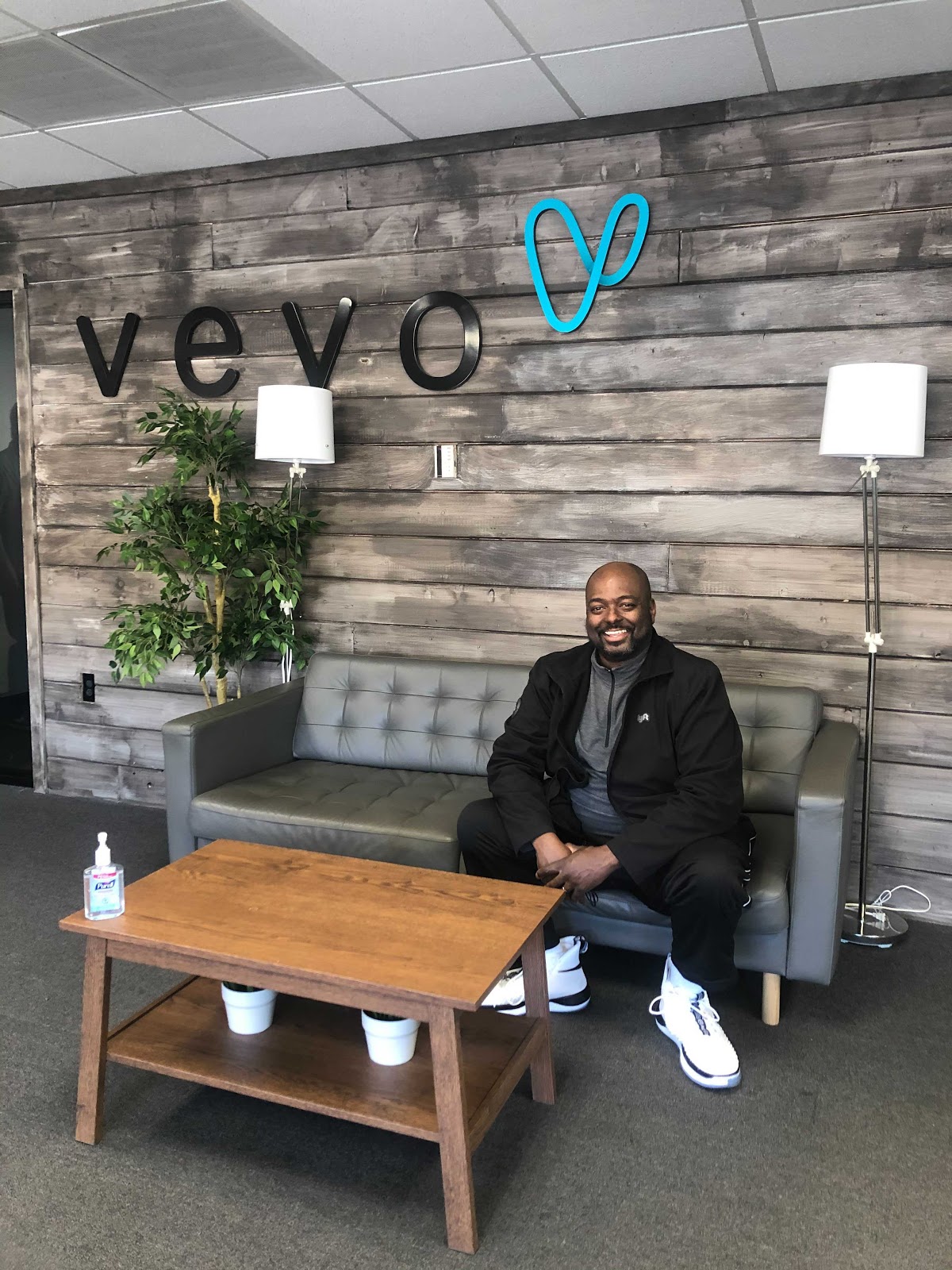
When we first moved to Arizona, I wanted to be involved in the Down Syndrome community so I joined a few parent groups. I learned that support services varied across the state, depending on where you lived. Thinking back to my conversation with the mother, I felt motivated to dig deeper.

I spoke to state representatives and found out that marginalized neighborhoods like mine were seeing an imbalance in special-need support services from the state and the city. I discovered that the regions with higher disposable income have larger budgets and can fund a wider range of services. I also found that therapists are more reluctant to visit homes in marginalized areas – areas that tend to be populated by minorities (African Americans, Hispanics, and Native Americans). People in these marginalized areas are struggling to fight the stigma of strangers in their home. They were also uneducated about the state’s process of receiving funds. So the funds were relocated to other areas. I uncovered all this by speaking up, by asking questions. Imagine the difference we can make together by speaking up.
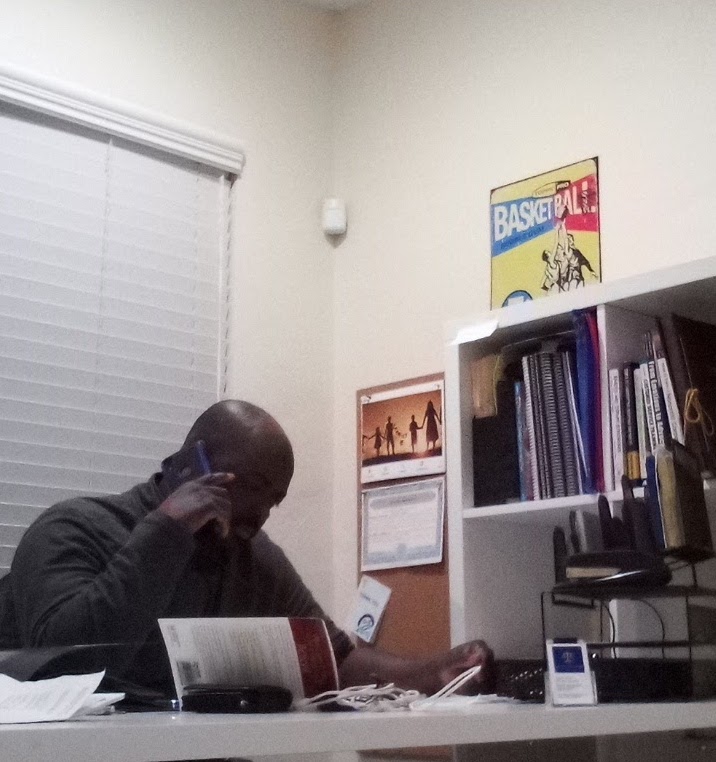
There is a special-needs community center called Gigi’s playhouse, where children with special needs can safely learn and interact with other families. But there is only one in Scottsdale – the most affluent large city in Arizona – and it’s 20 miles from where I live. No matter where families live, they should get equal access to the services. That inspired me to start my own nonprofit – “Down Syndrome Forgotten” – to advocate for families with special needs. Our goal is to build a community-based center in the marginalized areas to help bridge the gap of services and to provide a safe environment. A community center where all families are welcomed. We are all in this together!
——-
Interested in being featured in our next IDP story? Tell us more about your experience with Veyo here.

